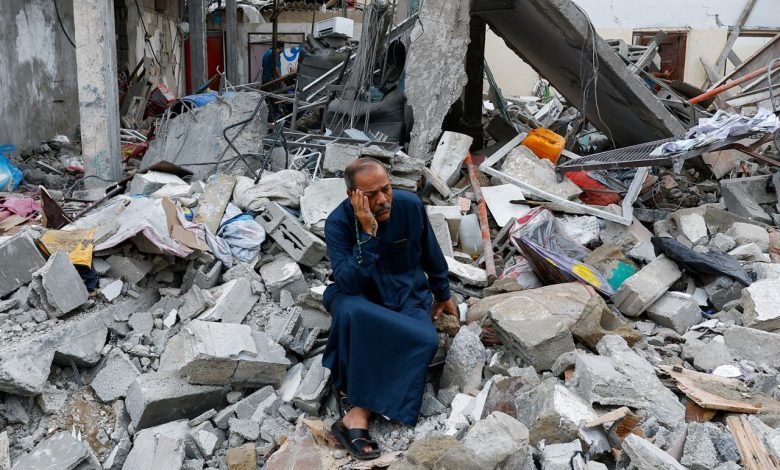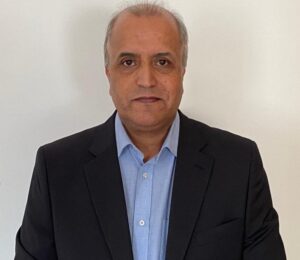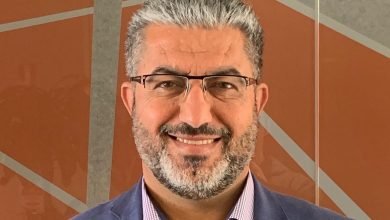

By : Nedal Zubeidi
Jordan Daily – UN Security Council Resolution 2803 is not just another text to be filed among decades of forgotten resolutions. It is – on the surface- a milestone after a long aggression. Yet at its core, it follows an old pattern: managing the conflict, not resolving it.
The United States returns to the stage with a new face, but the same old spirit: guardianship under international cover, and a peace plan drawn in closed rooms. The resolution celebrates the creation of a “Peace Council,” as though Gaza were an orphaned province in need of a custodian. Administration is redesigned, politics stripped of its people, and the transitional phase placed in foreign hands. The Palestinian Authority is told to “reform itself” before it can be entrusted with the very land that gives meaning to the idea of a state.
Hamas’ rejection was predictable. Yet its rejection does not alter the broader scene. The equation is now larger than factions, weapons, or authority. There was a war. There is ruin. There is an occupation still standing. And the Palestinian state- promised three decades ago – remains suspended in midair. The world has offered Gaza temporary administration, but not the Palestinians a permanent state.
This resolution, with all its elevated language, opens a door to incremental humanitarian relief, while closing windows to the central truth: the occupation remains, the borders have not shifted, and the state promised at Oslo is still a political orphan.
The text suggests that “conditions may finally be in place for credible pathway to Palestinian self-determination and statehood.” As if this people had not declared its destiny long ago. As if the problem is the absence of conditions- not the absence of international will.
In politics, as in history, the issue is not always what is said, but what is left unsaid. And what is unsaid here is that Gaza was not destroyed so it could be rebuilt under foreign supervision. It was shattered so it could be reshaped by an unchanged balance of power. Hidden beneath the language is the fact that Palestine remains a fragmented geography- no council, no committee, no plan can bridge it.
The world delays the truth and extends the waiting. Everything may be negotiated except the essential: freedom.
Gaza does not need a Peace Council. It needs an end to the war on human dignity. Palestine does not need transitional governance. It needs a sovereign state, not one measured by how acceptable its reforms are to others.
Perhaps the scenery will change. But the tragedy remains the same: a people moving heavily toward its rights, while the nations move toward it with calculated steps- as though granting it what it already possesses, but only in installments.
This is how great causes are kept suspended: the world shows up, and justice does not.

